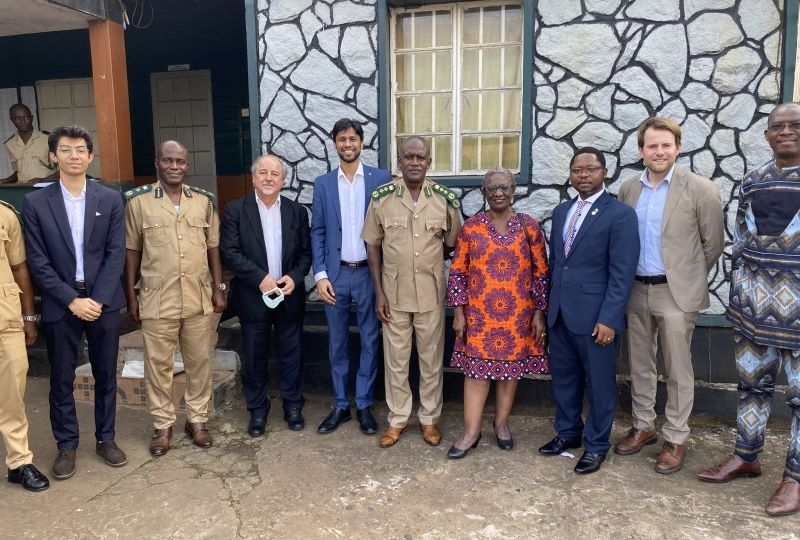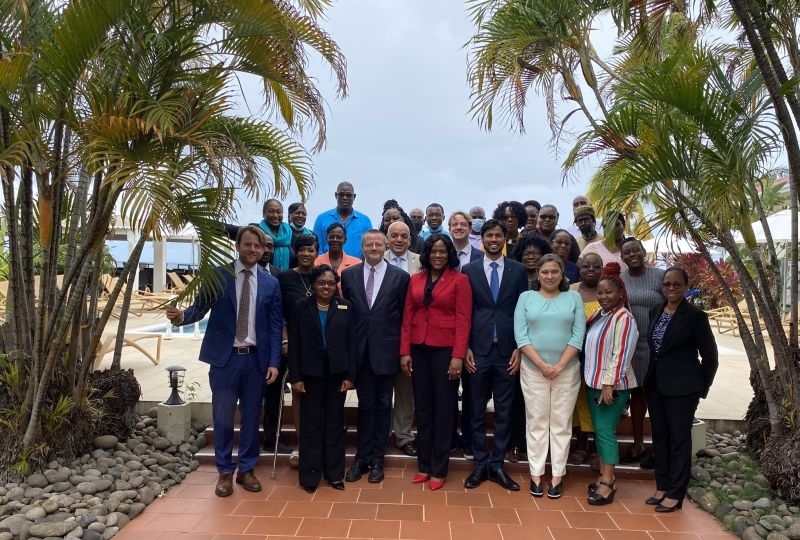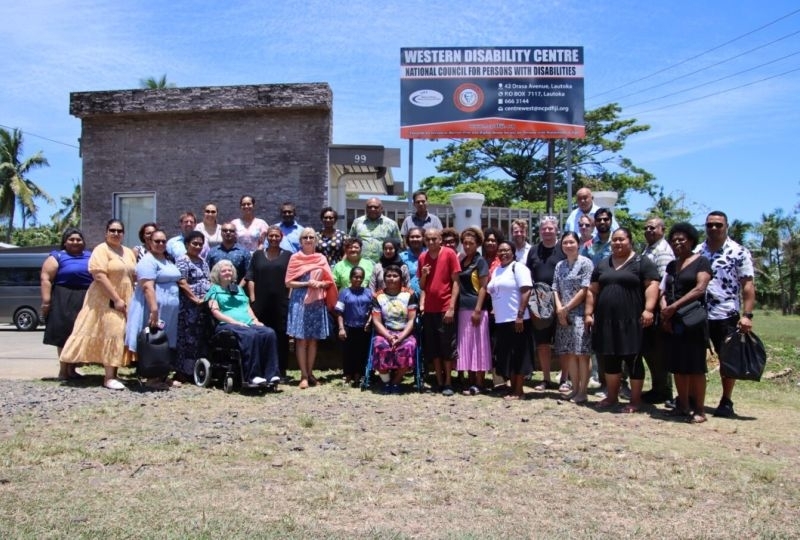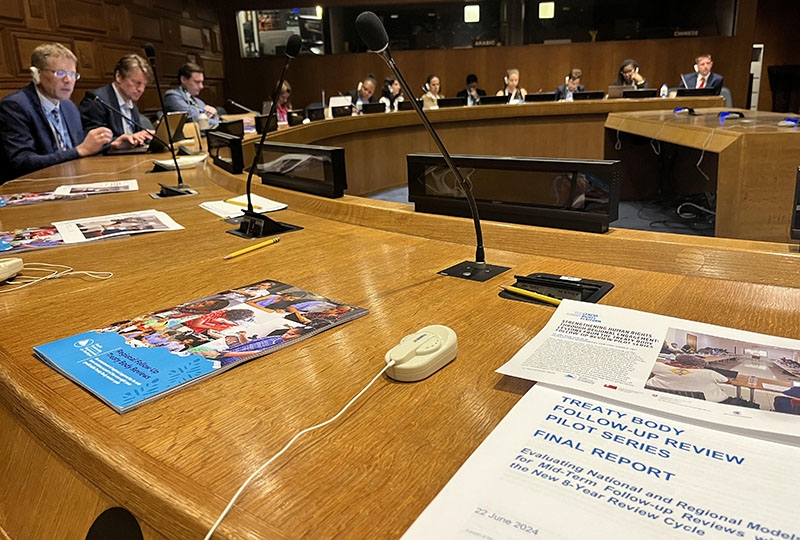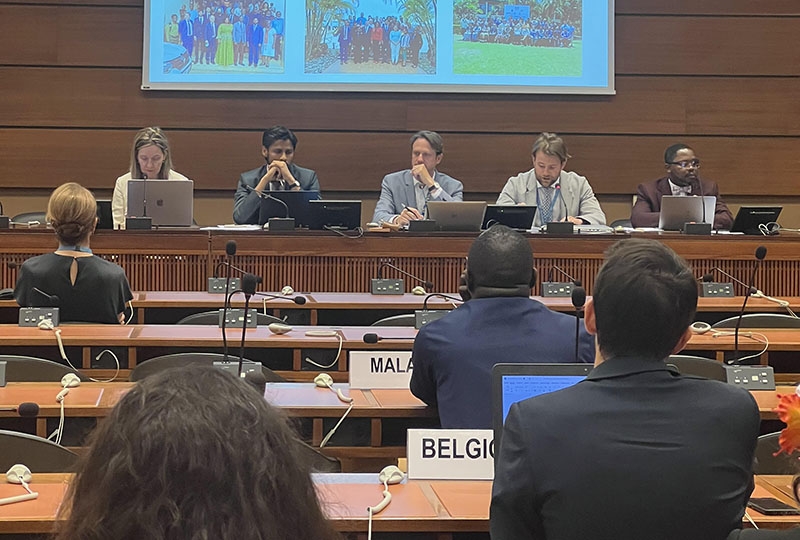In 2022, the Chairs of the Treaty Bodies (TBs) agreed on an eight-year cycle for full reviews with mid-term follow-up reviews. This approach aims to reduce the review burden on States, ensure equal treatment, and maintain system cost-effectiveness. The follow-up reviews, focusing on up to four priority issues, provide timely attention to critical matters while balancing cost and resource demands. The OHCHR, when developing an action plan to implement these conclusions, proposed three follow-up review options: direct correspondence, hybrid/online dialogue, and in-situ visits. The consultations did not result in a consensus among states, and preferences varied. However, several stakeholders, including a coalition of prominent international CSOs, emphasized the need for a 'meaningful mid-term exercise', and highlighted the importance of an interactive dialogue between the Committee and the state delegation, as well as the engagement of all relevant stakeholders.
Domenico Zipoli, Project Coordinator of the Geneva Human Rights Platform, explained, 'In response to the move towards a predictable review calendar and regular mid-term follow-up reviews, the GHRP considered it crucial to explore how follow-up reviews could be undertaken at the national and regional levels, thereby making the UN TB system more relevant, responsive and closer to rights holders and duty-bearers.'
The Treaty Body Follow-Up Review Pilot Series was designed to assess the effectiveness of holding follow-up review sessions at both national and regional levels. The primary objectives were to:
- Foster closer engagement with national and local stakeholders to ensure the practical implementation of human rights obligations.
- Identify best practices and challenges for follow-up reviews.
- Enhance the overall efficiency and impact of UN human rights treaty bodies.


